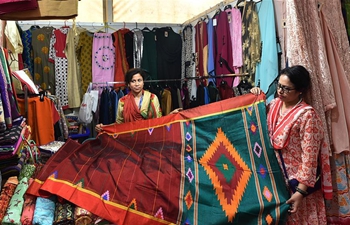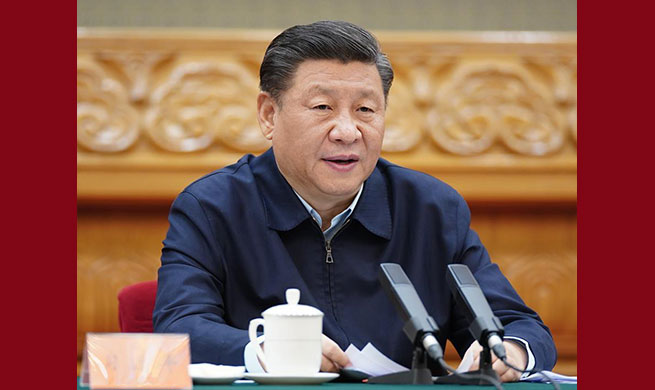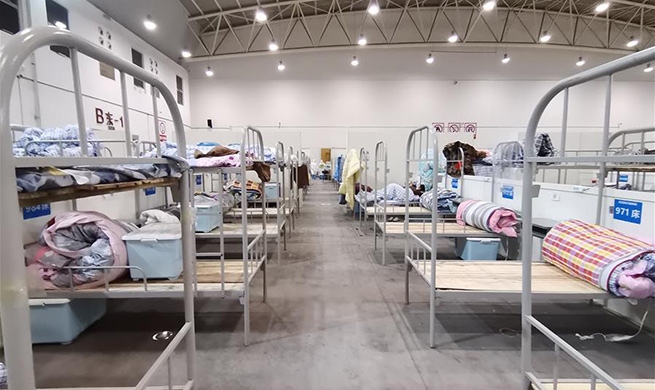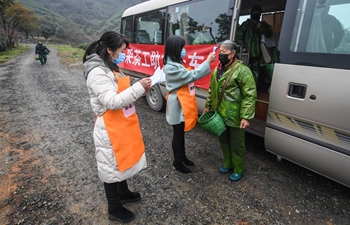CAIRO, March 7 (Xinhua) -- Egypt rejected on Saturday the statement issued Friday by the Ethiopian Ministry of Foreign Affairs on the resolution adopted by the Council of the League of Arab States on March 4 on the Grand Ethiopian Renaissance Dam (GERD).
In a statement, Egypt's Ministry of Foreign Affairs said Ethiopia's statement is "inappropriate, undiplomatic, and constitutes an unacceptable affront to the Arab League and its member states."
The Ethiopian government on Friday rejected the latest resolution made by the Arab League concerning the disputed GERD, stressing that the resolution "gives blind support to a member state without taking into consideration key facts at the center of the GERD talks."
On Wednesday, Arab foreign ministers expressed their rejection of harming Egypt's historical rights to the Nile River water by the construction of the GERD.
Ethiopia declined a U.S.-sponsored ministerial meeting with Egypt and Sudan in Washington in late February to conclude a deal over the rules of filling and operating the GERD, a move that was criticized by Egypt, accusing Ethiopia for "deliberately" hindering the path of negotiations.
While Ethiopia, an upstream Nile Basin country, eyes massive benefits from the dam construction, downstream Egypt is concerned it might affect its 55.5-billion-cubic-meter annual share of Nile water.
Ethiopia started building the giant dam in 2011, which is expected to produce over 6,000 megawatts of electricity and become Africa's largest hydropower dam upon completion.
Filling the reservoir, whose total capacity is 74 billion cubic meters, may take several years. Egypt seeks to prolong the period to avoid the negative effects of water shortage, which is a main point of the talks.
Egypt's fellow downstream country Sudan expects future benefits from the GERD construction despite the Egyptian concerns.
The tripartite negotiations have been fruitless for years until the United States recently sponsored the fresh rounds of talks in Washington to push for an agreement, which was supposed to be signed by the three parties in late February.













